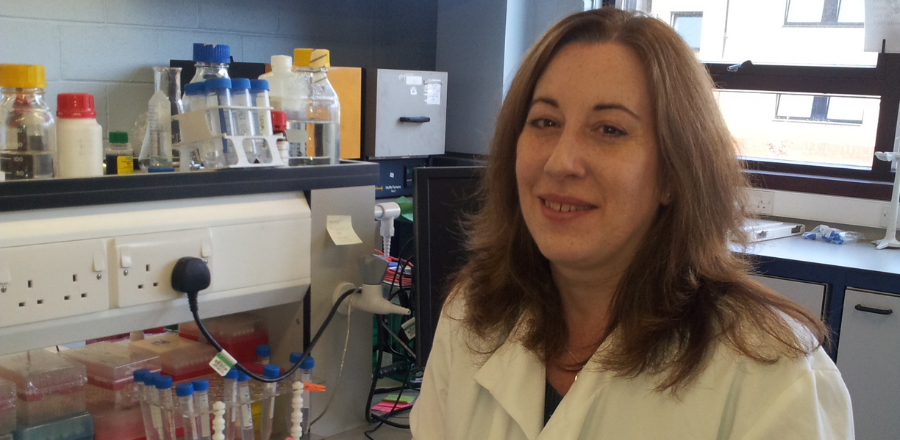Researchers investigate if stress hormone metabolism can be used to help heal foot ulcers

Researchers at Glasgow Caledonian University have been awarded funding from the British Skin Foundation to find out if stress hormone metabolism can be used to help heal foot ulcers.
Foot ulcers are wounds that appear below the ankle that can lead to serious complications including amputation and death. They affect between 19-34% of people with diabetes and are more common in areas of multiple deprivation.
Skin in people with diabetes is stiffer than normal, making it harder for wounds to heal and the study will investigate whether blocking the hormone cortisol helps skin models heal in the laboratory.
The British Skin Foundation funding will pay for a PhD studentship to carry out diabetes and dermatology research entitled 'Stress hormone metabolism - a novel anti-fibrotic therapeutic pathway for chronic wounds', starting in October.
The PhD student will join cell biologist and lecturer Dr Catherine Wright in her laboratory and be part of the School of Health and Life Sciences' Research Centre for Health (ReaCH) Molecular Mechanisms of Long-term Conditions Research Group.
Lisa Bickerstaffe, Head of Communications, British Skin Foundation, said: “At the British Skin Foundation we are focused on funding high quality research into all kinds of skin problems. Dr Wright’s research has the potential to significantly improve the lives of those with diabetes in the future, both in the UK and worldwide.”
The research findings will feed into later clinical trials to develop new medicines for ulcers which will improve quality of life, lower amputation risk and reduce NHS costs.
The supervisory team will be made up of Dr Wright and Dr Steven Patterson, both from Glasgow Caledonian's Department of Biological and Biomedical Sciences, and Dr Begonya Alcacer-Pitarch, from the University of Leeds. The study will use skin tissue kindly donated by patients to the GCU Skin Research Tissue Bank.
Dr Wright said: "We are so grateful to the British Skin Foundation for funding this exciting PhD studentship. The student will be investigating reasons why wounds fail to heal in people with diabetes. This is important, as these wounds can become ulcers, which are a significant complication of diabetes, and can really affect people's quality of life.
"The PhD student will study if skin stiffness (fibrosis) is one of the causes of impaired wound healing in people with diabetes, and look at some of the pathways behind this, focusing on cortisol metabolism."
Find out more about the PhD study here Find A PhD website here.
